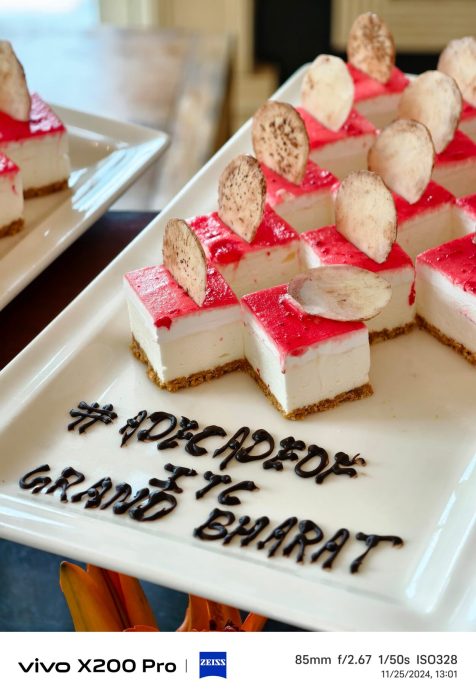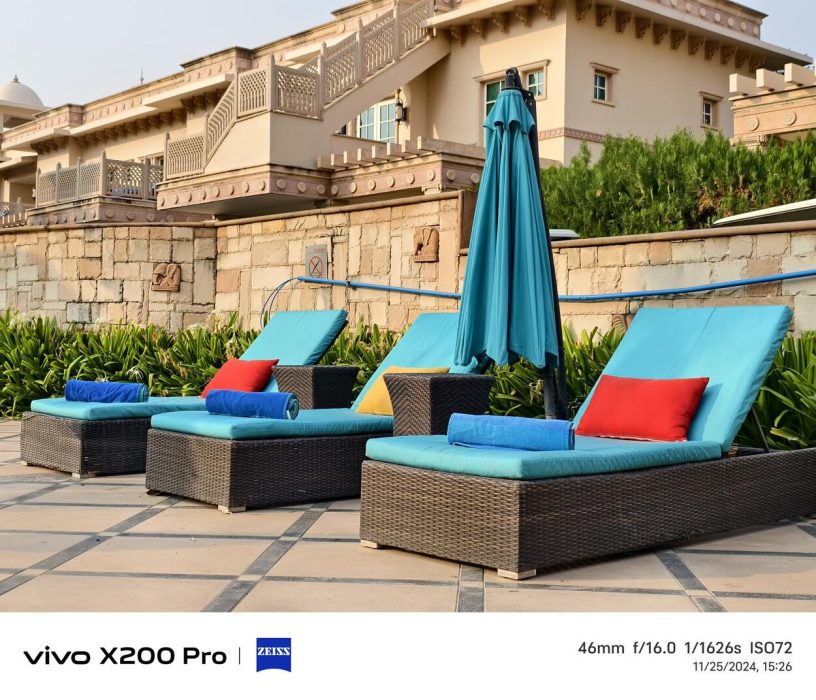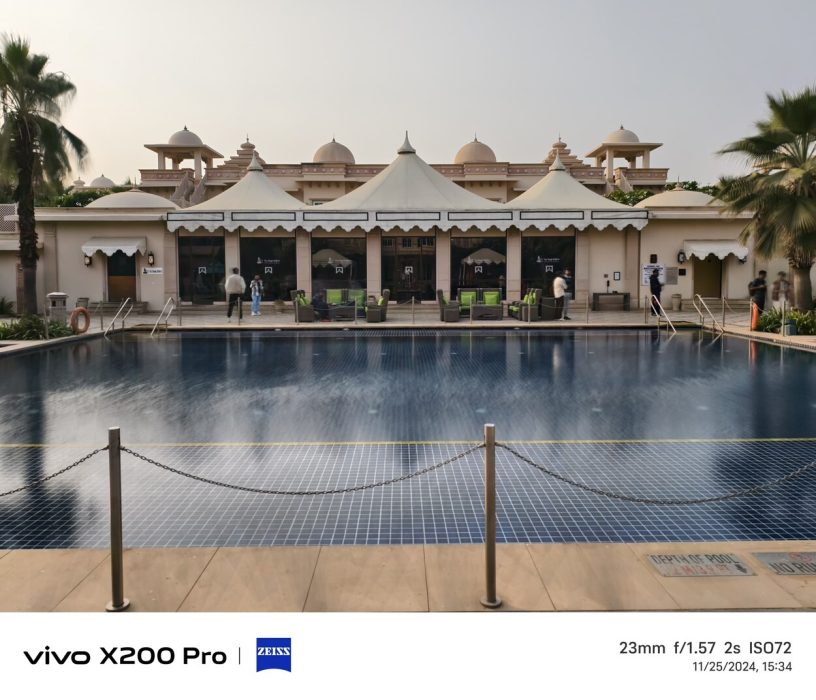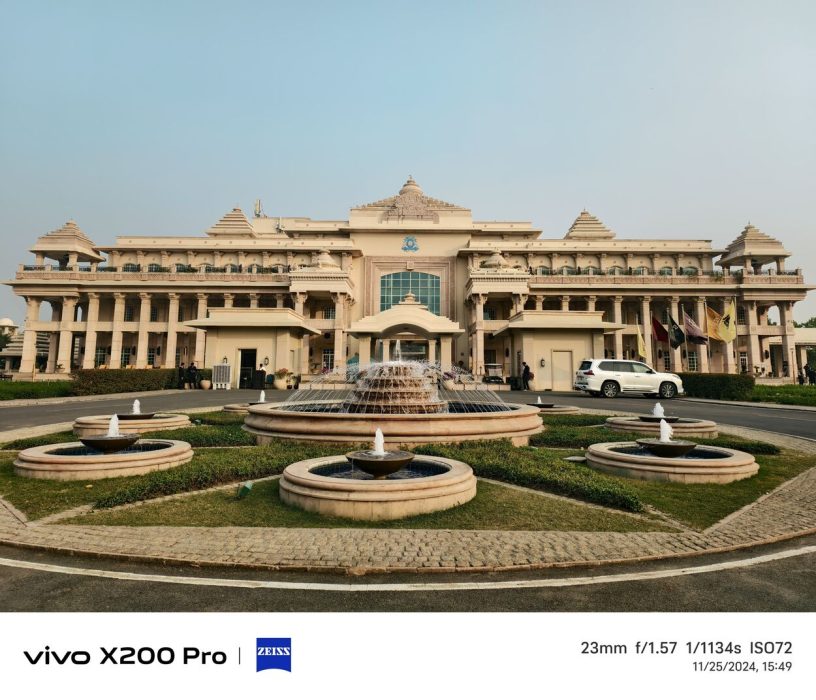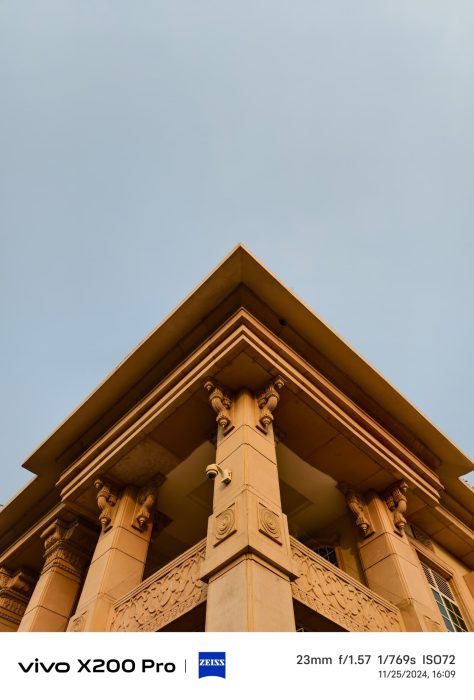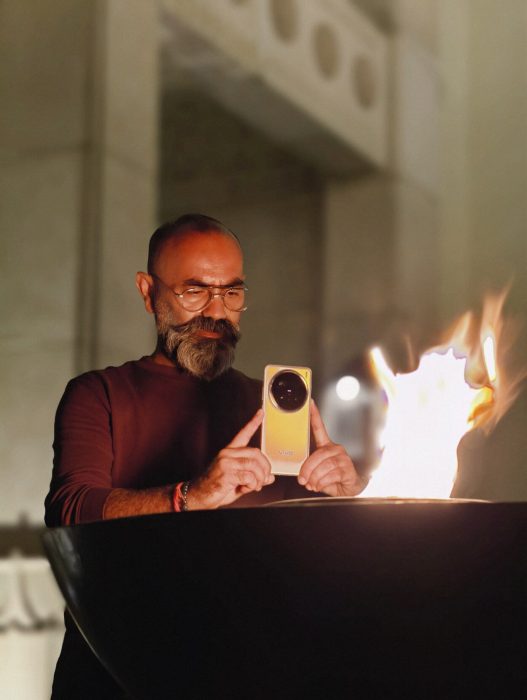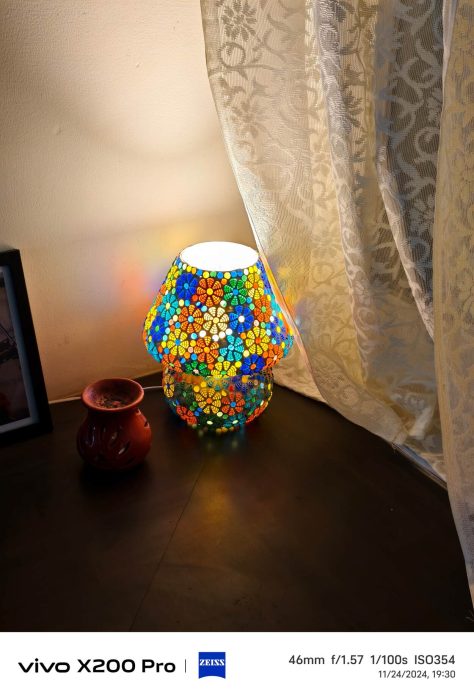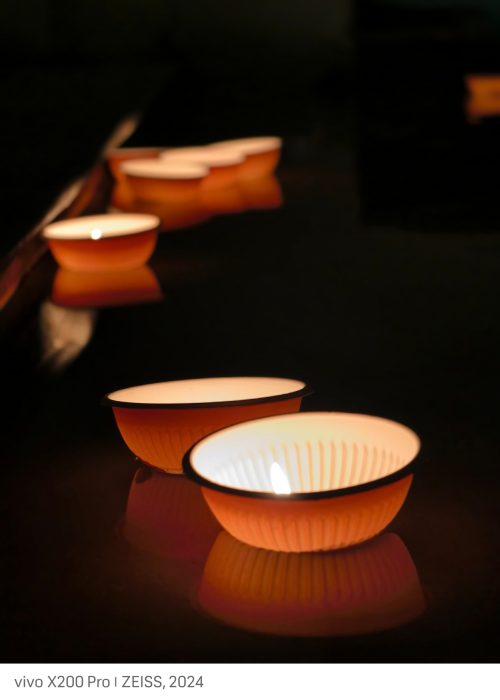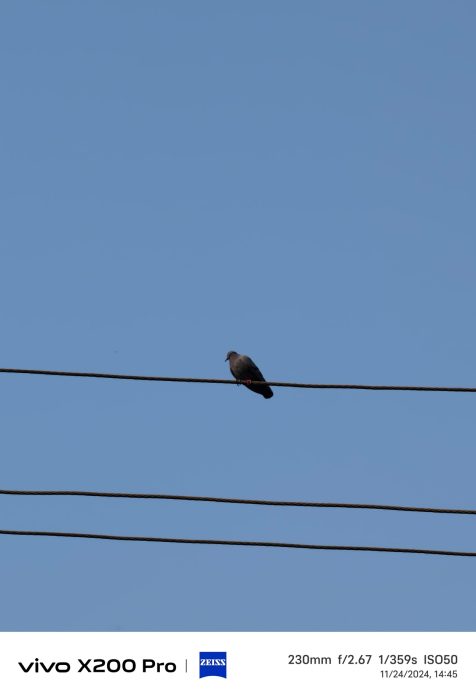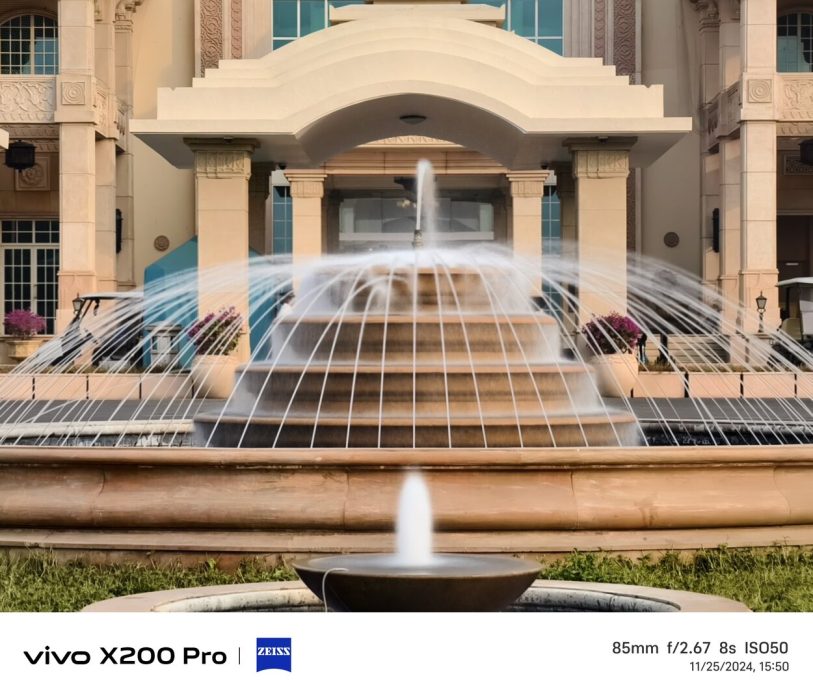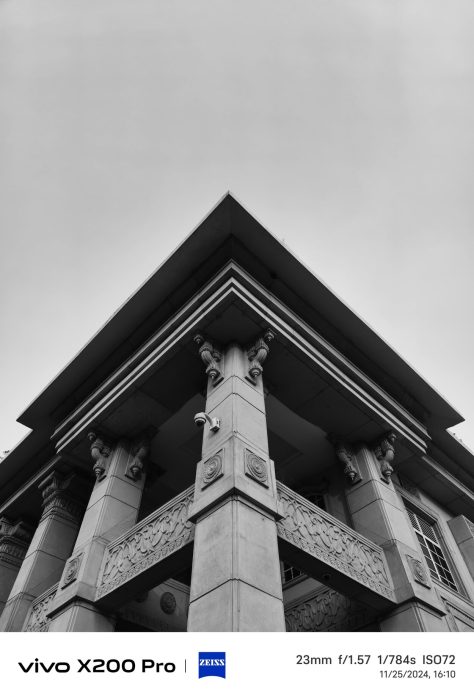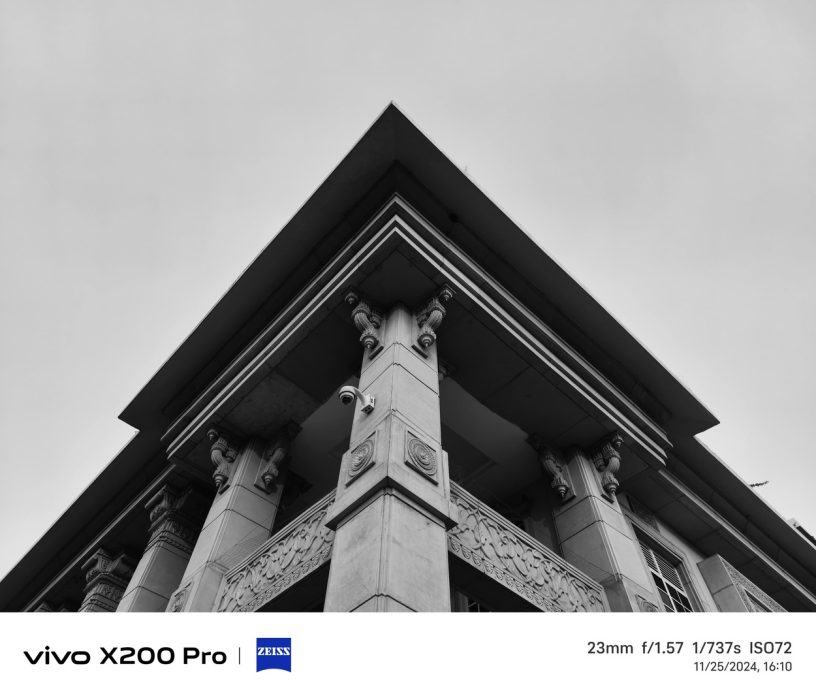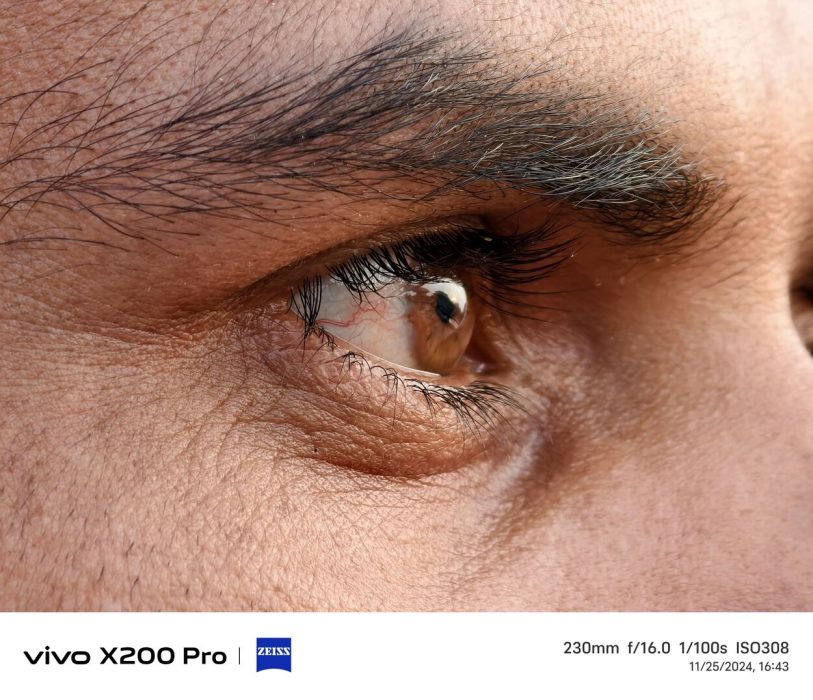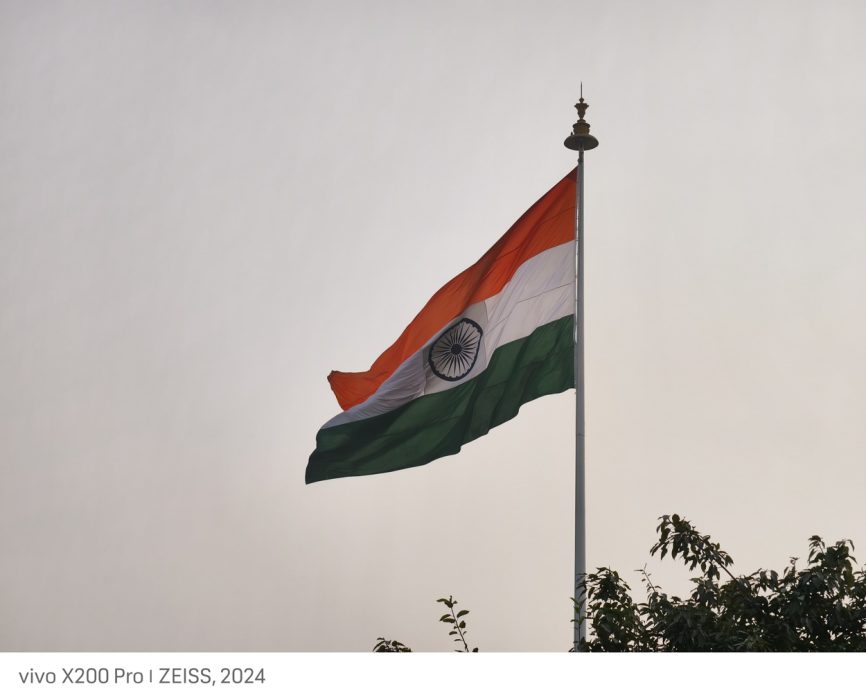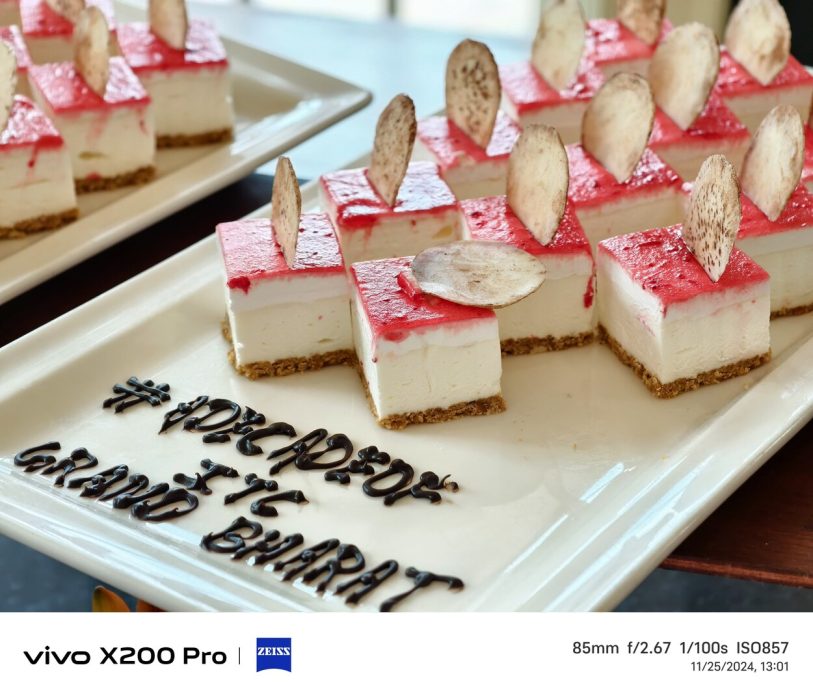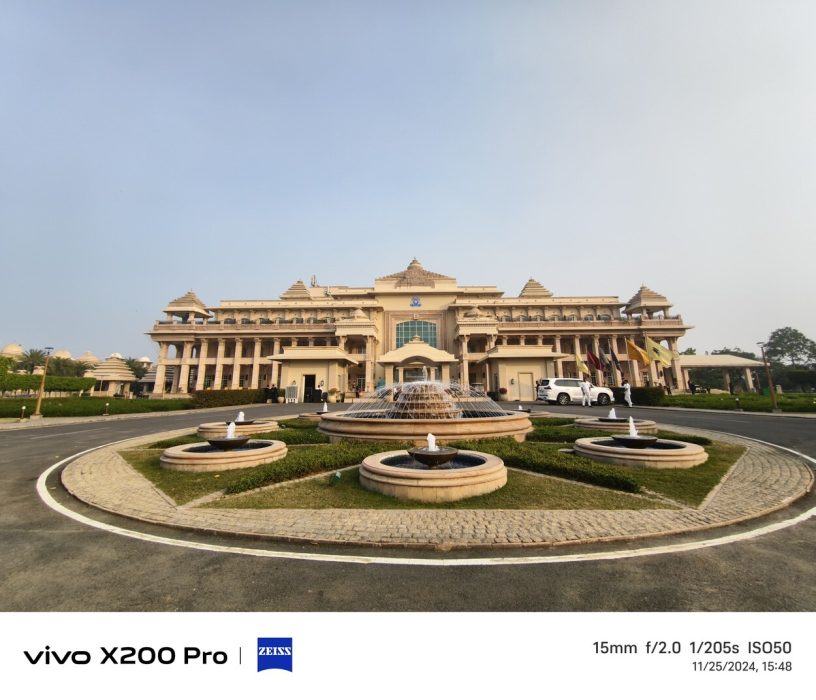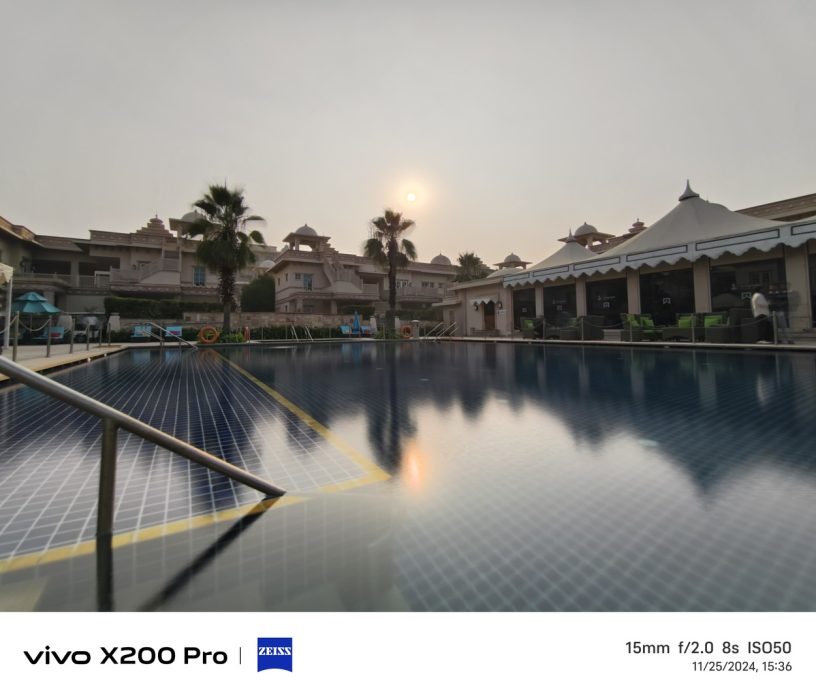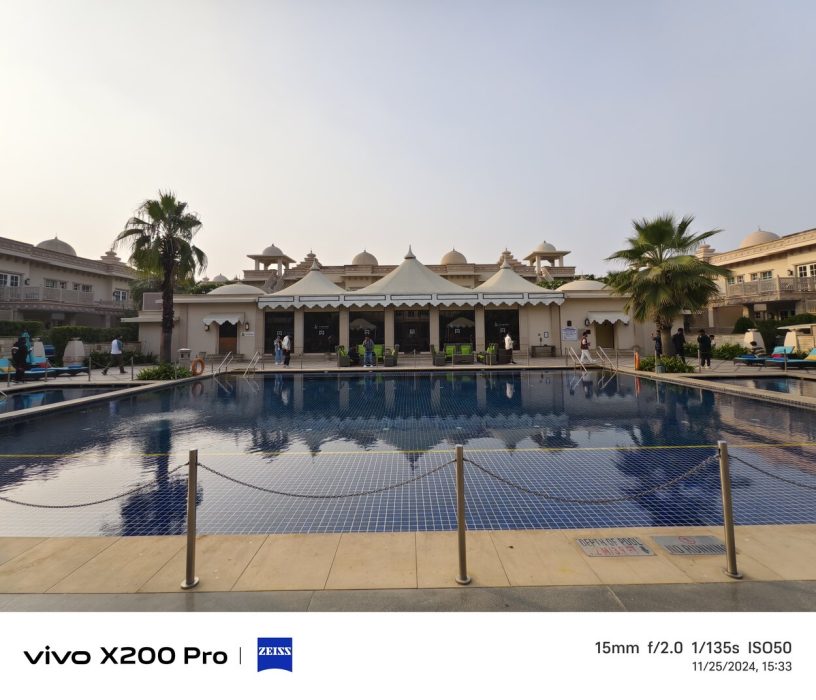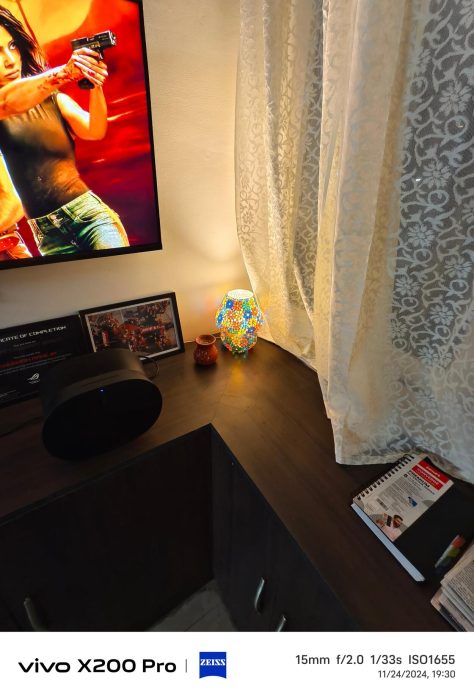vivo X200 Pro Review: DSLR In Your Pocket!
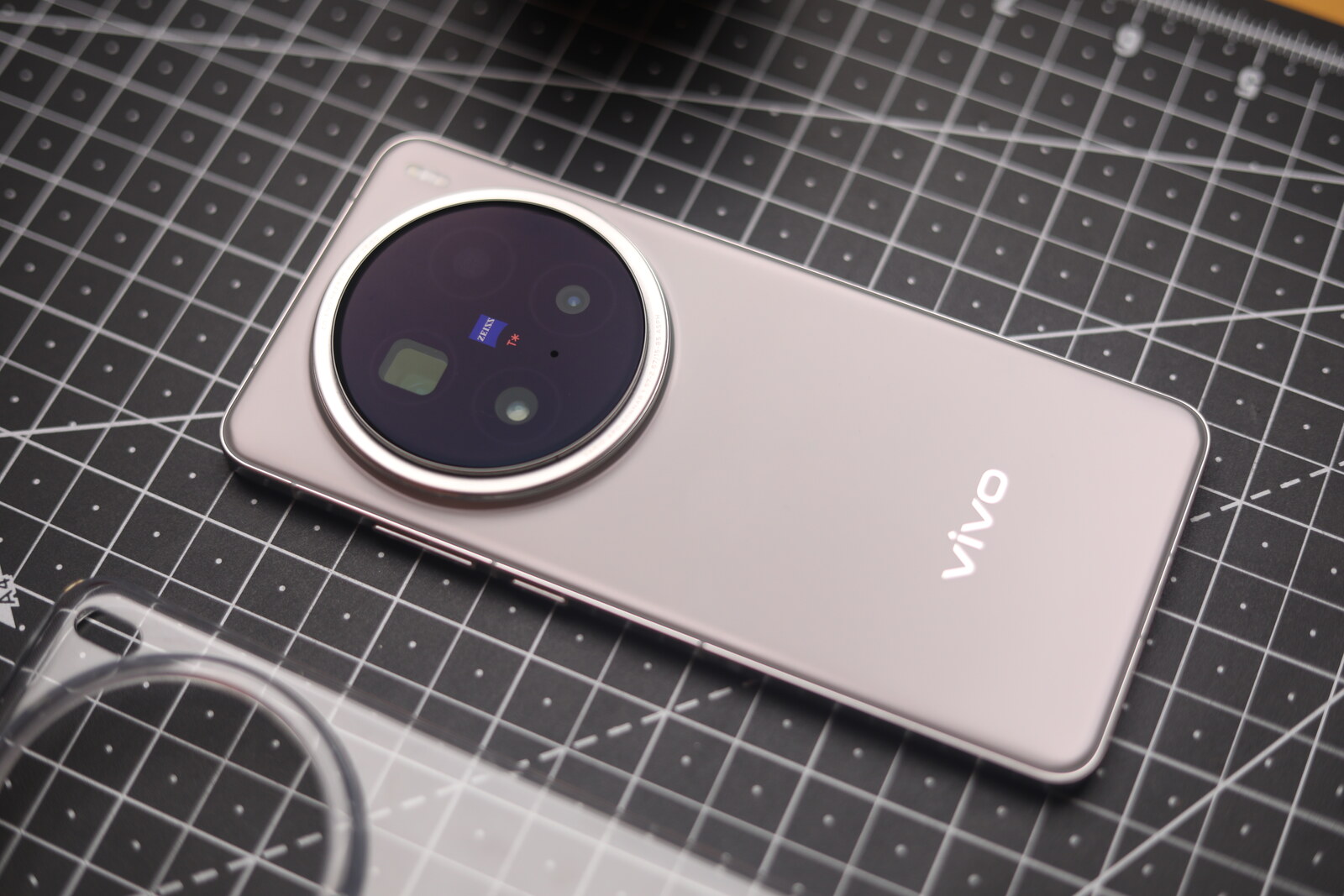
For years, the Android flagship space has been dominated by the likes of Samsung, and Chinese brands like vivo have always played catchup, limited by their availability. But 2024 has been a year of surprises, and I believe Vivo has just released the best flagship phone of this year—and perhaps the next—with the X200 Pro.
I had the chance to test the vivo X200 Pro. And in this review, I will answer the most burning questions that many of you might have: “Is the camera on the vivo X200 Pro truly that good?” and “How does it stack up against competitors like the Samsung Galaxy S24 and iPhone 16 Pro Max?” Let’s get started.
vivo X200 Pro Review
Summary
The vivo X200 Pro is the most complete flagship smartphone. It has the best camera setup on any phone, the screen is amazing, the design is top-notch, the processor is blistering fast, and the battery life is off the charts.
vivo X200 Pro Review: Design & Hardware
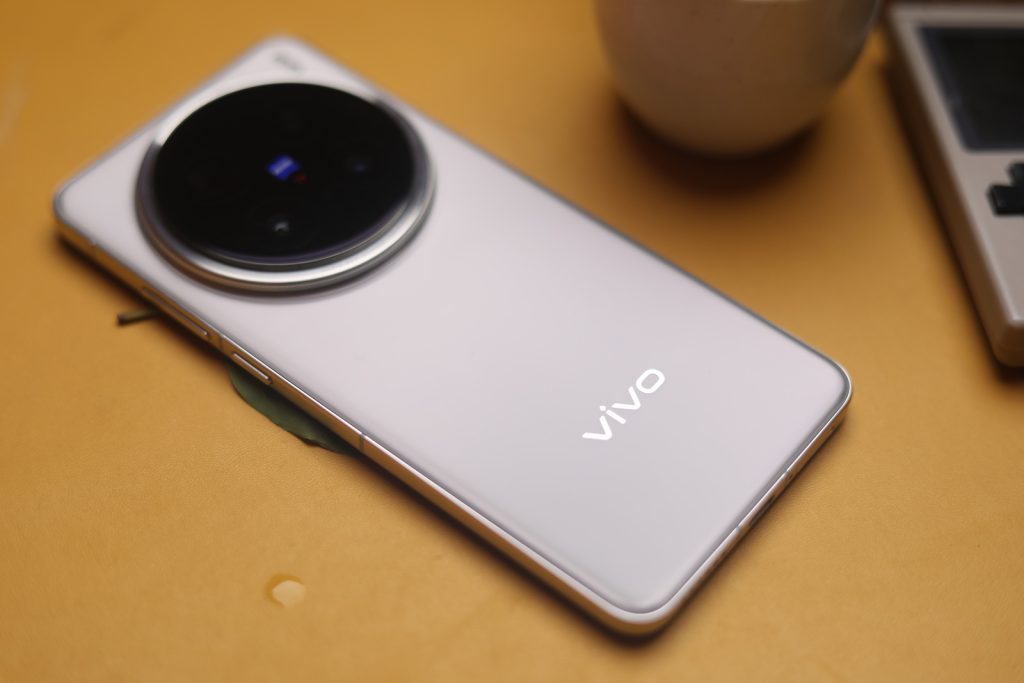
vivo’s X100 Pro was a beautiful phone, and the X200 Pro is no different. The device features the same design language, and it is pretty. Although I’d have loved to have the sapphire blue variant with its textured design, the white variant of the X200 Pro looks classy and sophisticated while being flamboyant with its camera module.
Speaking of the module, it is massive—there’s no other way to describe it. While I’m usually not a fan of oversized camera setups, they are, at least, justified in the X200 Pro as it houses some big camera sensors. To give you an idea of its scale, the phone rests at a 3-5 degree angle on a flat surface.
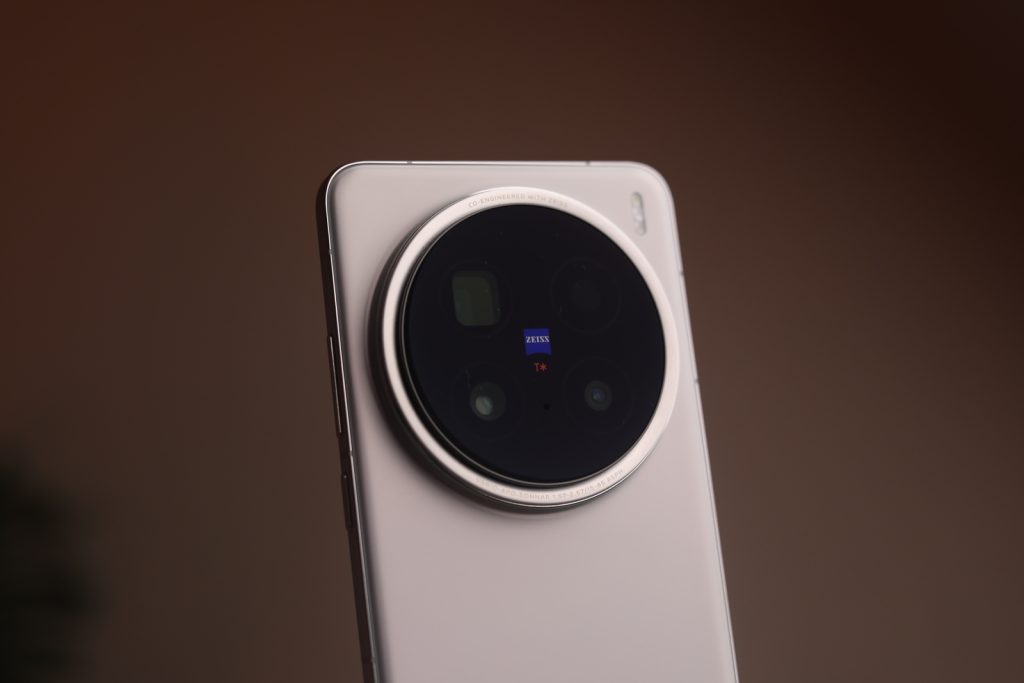
I also like the in-hand feel of the X200 Pro. vivo has blended the front and rear glass panels beautifully into the flat frame, preventing the sides from digging into the palms. Speaking of sides, they are made of aero-grade aluminum and protect the device from accidental damage, which will be a bit common thanks to the massive camera module. The weight balance is at the top half of the X200 Pro. So, if you hold the phone slightly lower, it’ll tip over. Therefore, I highly recommend getting a case if you buy the device.
Finally, the X200 Pro has an IP69 rating, meaning it can withstand immersion in up to 1.5 meters of water for 30 minutes and endure high-pressure jet streams. The ultrasonic fingerprint sensor was also solid in my testing, effectively unlocking the device in all conditions.
vivo X200 Pro Review: Display
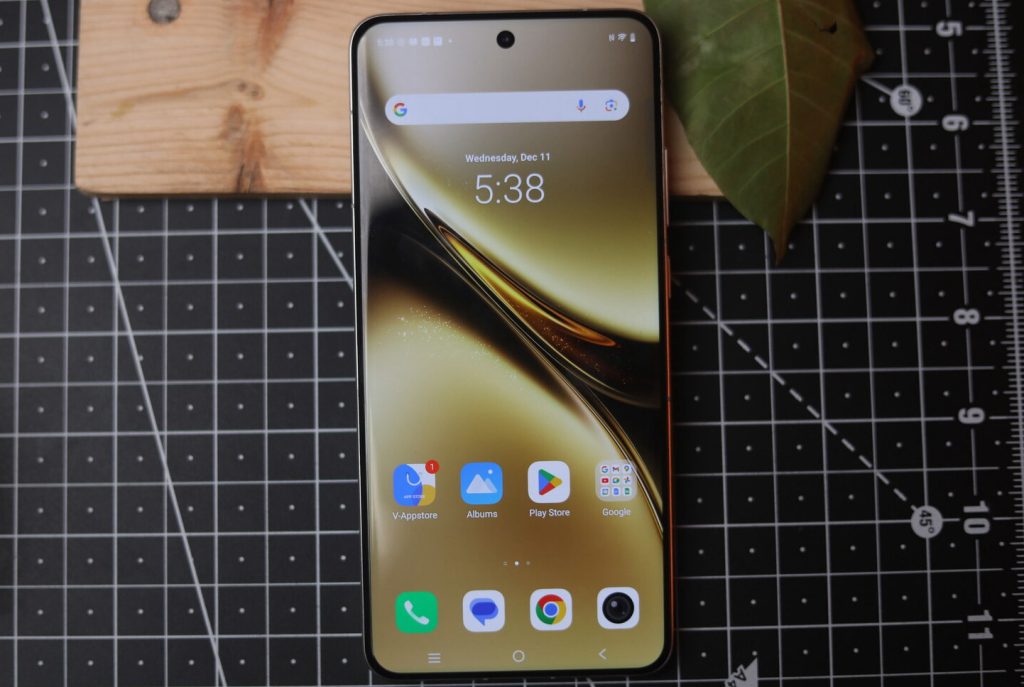
As this is vivo’s flagship phone for the Western market, the company has gone all-out in the display department. The X200 Pro features a 6.78-inch quad-curve 1.5K AMOLED LTPO display with a 120Hz refresh rate that can drop to as low as 0.1Hz. The panel also supports HDR10+, Dolby Vision, and 2160Hz PWM dimming for people who have trouble with OLED displays.
Considering these specs, the content-watching experience on the X200 Pro is simply lovely. The colors look stunning, the display is plenty sharp, and the HDR brightness of 4500 nits makes the bright spots stand out.
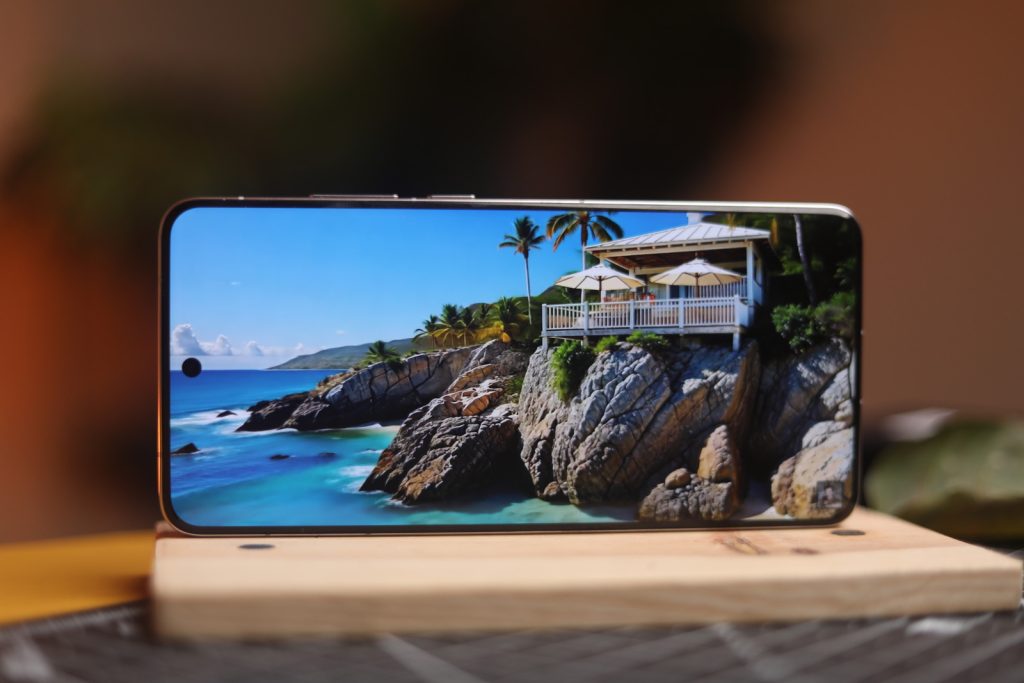
On the subject of brightness, I measured an outdoor brightness of just over 2,000 nits. This was plenty for the display to be readable in direct sunlight without any issues.
Finally, the display is protected by vivo’s Armor Glass, which performed very well in my testing. However, I’d advise against placing the X200 Pro face down on surfaces, as the quad-curve design causes the screen to make direct contact, leading to scratches over time.
vivo X200 Pro Review: Performance
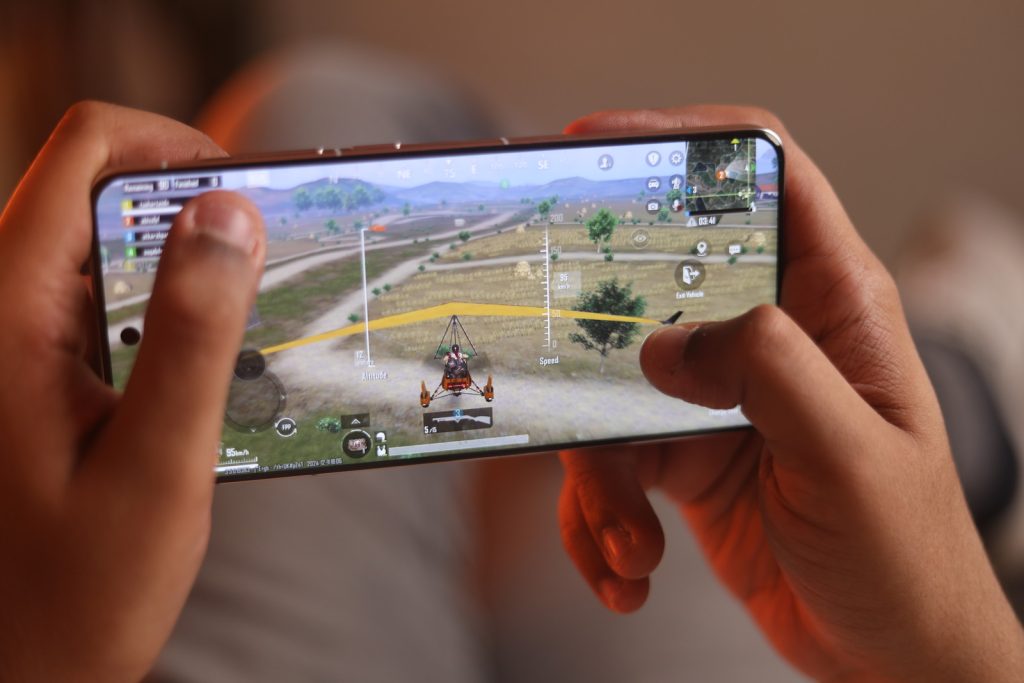
Like the OPPO Find X8, the X200 Pro houses the MediaTek Dimensity 9400 chip. Built on the 3nm fabrication process, the processor includes one Cortex-X925 core clocked at 3630 MHz, three Cortex-X4 cores at 3300 MHz, and four Cortex-A720 cores at 2400 MHz. It is paired with the Mali-G925 Immortalis MP12 GPU. My review unit also came with 16GB of LPDDR5X RAM and 512GB of UFS 4.0 storage.
With these flagship specs, the X200 Pro’s day-to-day performance is fantastic. The phone flies through the UI, the animations are buttery smooth, and I couldn’t find the slightest hint of a stutter or lag, even in tasks such as opening the camera or switching between different lenses.
Benchmarks & Gaming
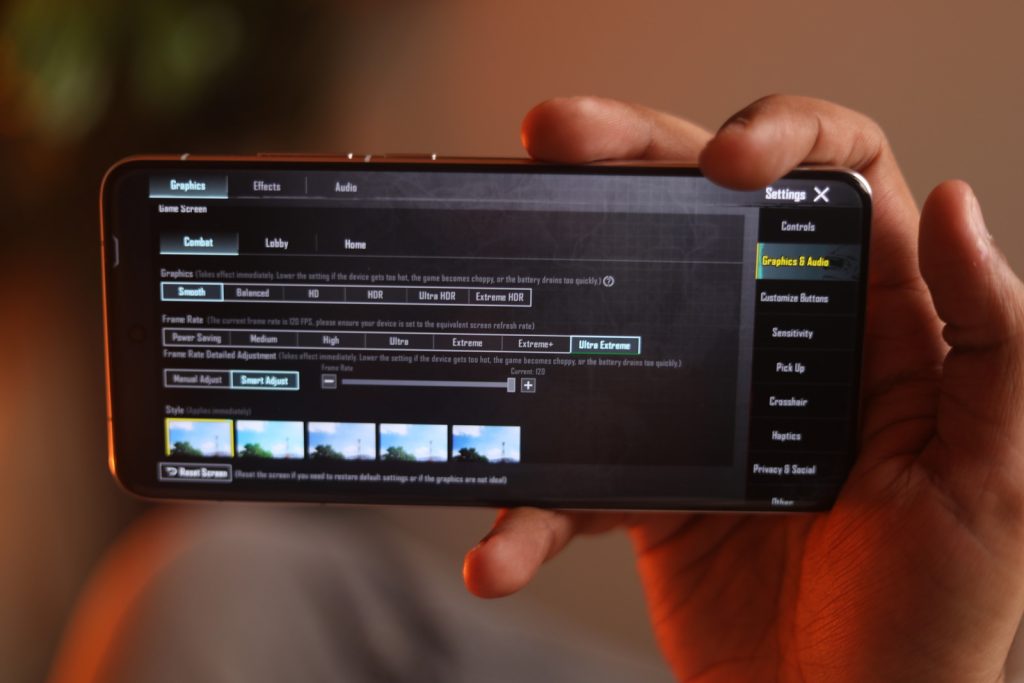
Since pushing the X200 Pro to its limits with regular use is impossible, I also ran a series of benchmarks. In Geekbench, the device scored 2767 in the single-core and 8035 in the multi-core tests. On the other hand, in AnTuTu, it scored 2368689 points.
Finally, in the infamous 30-threat 30-minute throttle test, the X200 Pro throttled to 76% of its peak performance. While these scores put the Dimensity 9400 behind the 8 Elite by around 5%, it is important to note that I noticed no heating issues when running these benchmarks, and the X200 Pro didn’t get uncomfortably hot to touch, unlike the Realme GT 7 Pro and the iQOO 13.
Moving over to gaming, the experience was stellar. The X200 Pro can run BGMI in “Smooth” + “Ultra Extreme” settings, which enables 120 FPS. The gameplay was smooth, with no lags or stutters. I also tested CODM, where the phone maxed out the game’s settings and remained cool.
Battery Life & Charging
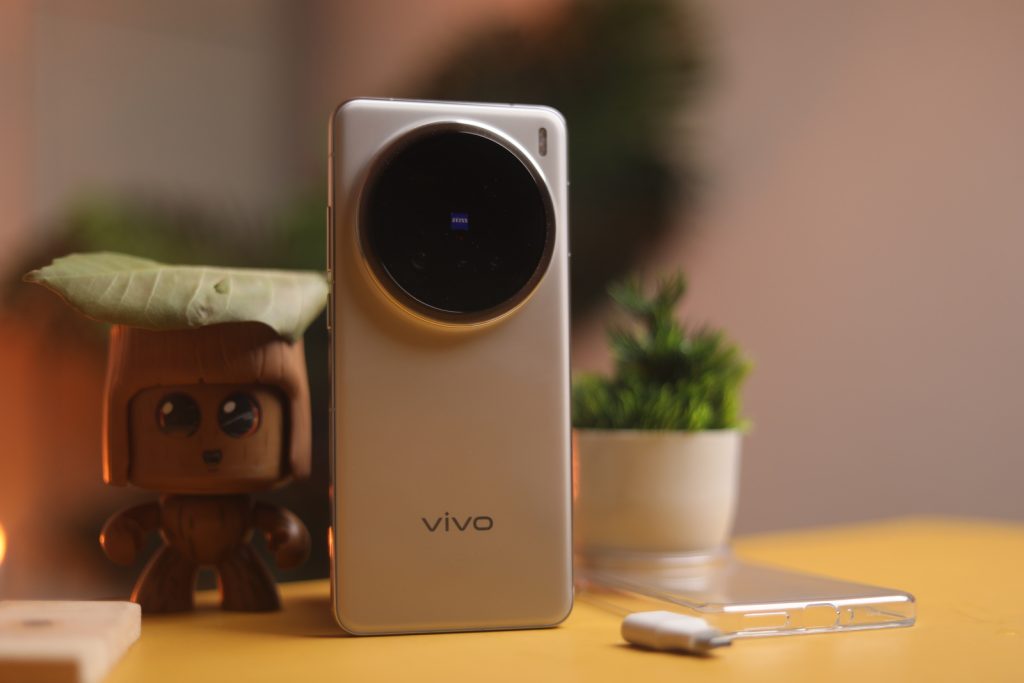
Keeping up with the new industry trend, the vivo X200 Pro houses a massive 6,000 mAh silicon-carbon battery, which improves energy density, increases the operable temperature range, and supports faster charging. Thanks to these specs, the battery life on the X200 Pro is amazing. I easily ended days consisting of taking camera samples, watching Netflix, and playing an hour of Rocket League Sideswipe with over 30% of juice left.
However, unlike the X100 series, vivo has slowed the charging speeds to 90W, and the included charger uses a USB-A to USB-C cable. Nevertheless, the charger fully charged the phone from 0% to 100% in just over 45 minutes.
vivo X200 Pro Review: Cameras
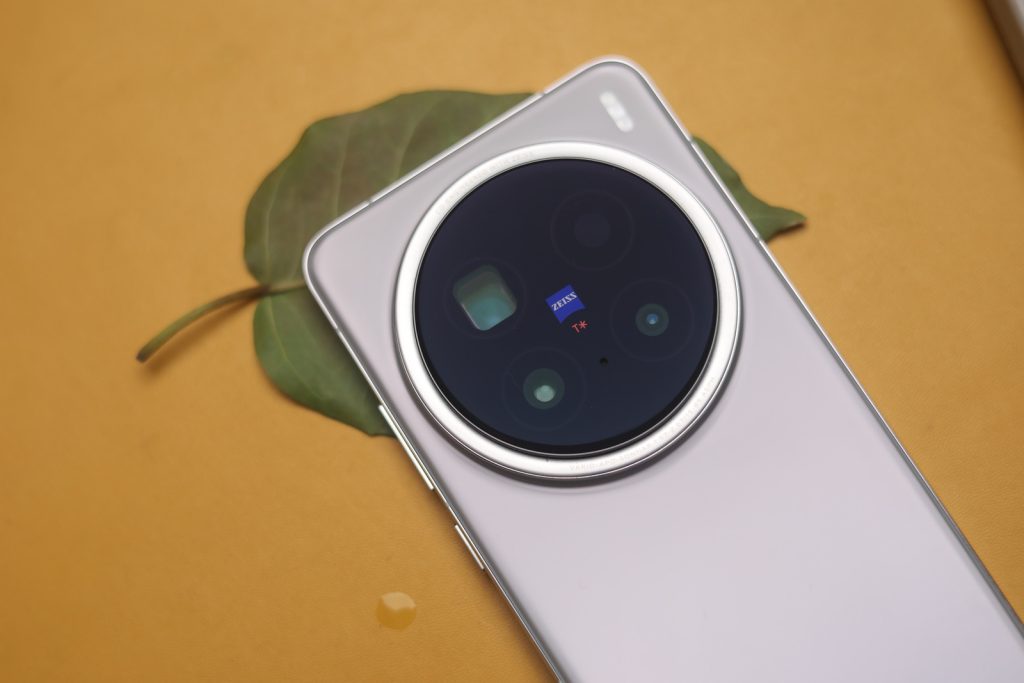
The cameras on the vivo X200 Pro are just insane. But before I get carried away, the device houses a triple camera setup comprising a 50MP Sony Lytia LYT-818 1/1.28″ primary camera sensor, another 50MP Samsung ISOCELL JN1 UltraWide sensor, and a 200MP Samsung ISOCELL HP9 3.7x telephoto lens—the same telephoto lens used in the X100 Ultra.
Daylight Shots
Almost all flagship smartphones take amazing daylight shots, and the vivo X200 Pro is no different. The photos it captures have excellent details and amazing color reproduction without getting too saturated. The white balance is spot on, and the HDR capabilities are excellent.
But this isn’t what I’m here to talk about. While anyone can easily snap a great photo by simply pressing the shutter button, the X200 Pro is much more than that. Sure, there is a Pro mode for photography enthusiasts, but most people don’t like to tinker with specific values when capturing a quick photo.
Therefore, vivo has bundled a host of features for users to take advantage of and capture different scenarios. First, there are three color modes—Vivid, Textured, and Zeiss Natural—each with its own aesthetic. Then there’s the snapshot mode, which allows you to capture fast-moving subjects without blur. Lastly, there are several Zeiss lighting modes, including ones for concerts and fireworks.
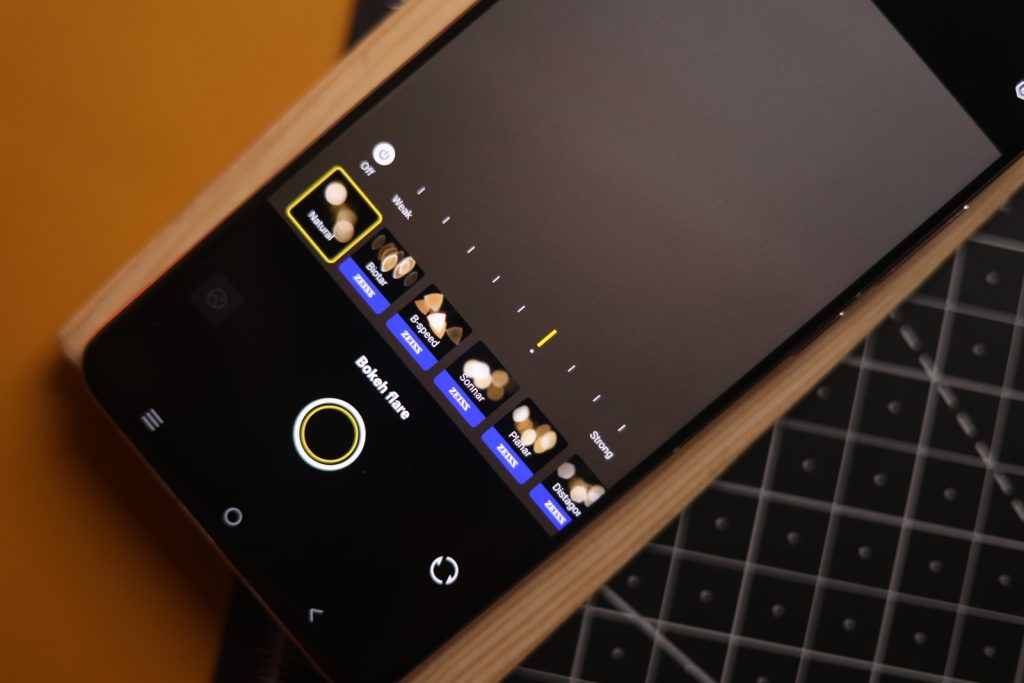
Portrait Shots
If there is one thing vivo has nailed with the X200 Pro, it is the portrait mode. Thanks to the 200MP lens, you can capture portraits at several focal lengths, including 10x, and the results are the best I have ever seen. Using the portrait mode on the X200 Pro in daylight is like having a mini mirrorless camera in your hands, as the shots have the best natural and shallow depth of field.
I love the vintage filter, which gives the photos a unique look. The fact that the X200 Pro doesn’t shy away from slightly blowing out the highlights, like an actual DSLR, to make the subject look better makes the shots even more appealing. However, if I had to nitpick, the phone tends to soften skin tones at night, which might not appeal to everyone.
Nighttime Shots
vivo really got into the radar of many smartphone enthusiasts with the X100 series’ nighttime capabilities, and this trend continues with the X200 Pro, which captures some of the best photos in the dark. The colors come out perfectly, the 50MP sensor ensures great details, and the device manages bright and low-lighting subjects amazingly well. I couldn’t find any drawbacks, as even the UltraWide and the telephoto lens share the same processing and produce similar shots.
Zoom & UltraWide Shots
Unlike the S24 Ultra, the vivo X200 Pro includes only one telephoto lens, which can zoom up to 120x. While I won’t suggest using the 120x zoomed-in shots, photos taken at 5x to 50x are excellent, retaining sharp details, natural colors, and a balanced dynamic range. Moreover, vivo has implemented the macro mode in the telephoto lens, which works like magic. It captures some of the best macro shots I’ve ever taken.
While UltraWide cameras haven’t been a big priority on past vivo flagships, the one on the X200 Pro is quite good. It delivers accurate colors, minimal distortion, and good detail in daylight conditions. That said, I wish it had a slightly wider field of view.
Selfies & Videos
The 32MP Samsung ISOCELL KD1 selfie shooter on the vivo X200 Pro works pretty well. Sure, the fact that it doesn’t have autofocus is a big bummer, but the photos are good, with ample details in daytime conditions and somewhat balanced skin tones.
vivo has taken a significant step forward in the video department. All four cameras on the X200 Pro can record 4K@60fps videos, while the telephoto lens supports 4K@120fps videos. Leaving the specs out of the way, the results from the X200 Pro are excellent. The phone does a solid job of processing videos in a pleasing way while retaining sharpness and natural colors.
vivo X200 Pro Review: Software
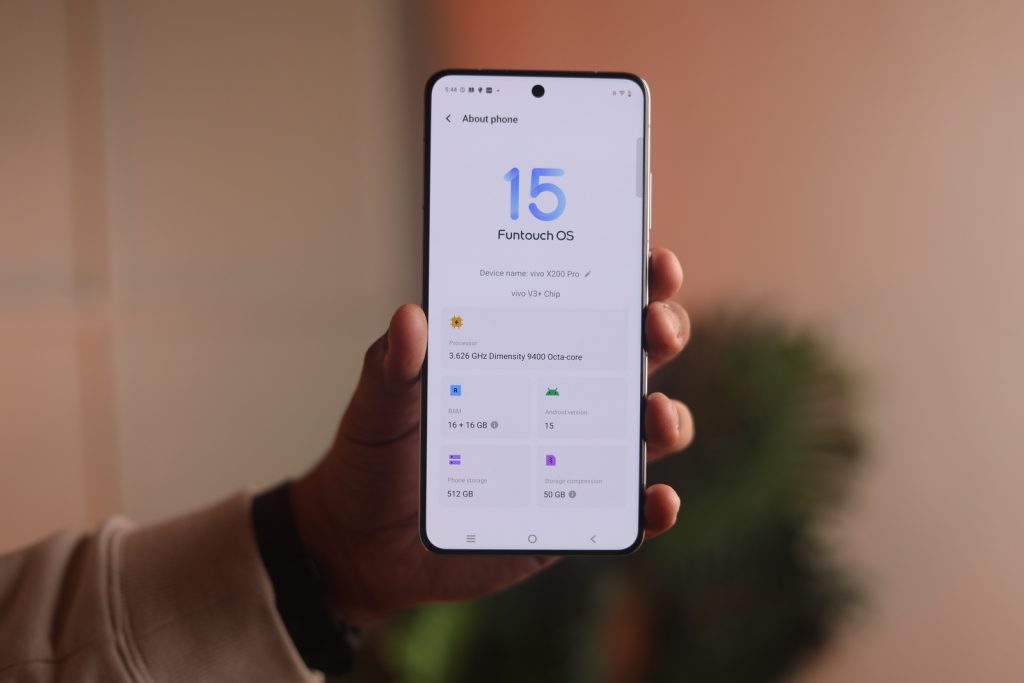
The vivo X200 Pro runs FunTouch OS 15 with Android 15 on top. As mentioned in previous reviews, I’m a fan of vivo’s UI. It’s slick, the animations are amazing, and the UI is generally super fast and doesn’t include a lot of bloatware. Moreover, the company has bundled several useful features as well.
First and foremost, vivo has collaborated with Google to bring Circle to Search on the X200 series, which is super helpful for looking up things. The gallery app has a new natural language search feature and an AI live translation feature for calls. Besides, FunTouch OS 15 also includes AI Transcript Assist for voice notes and AI Notes Assist, which organizes your notes into neat summaries.
Finally, there are several AI photo editing features, including an AI Object Eraser and an AI Repair feature for old photos. I tested both, and the results were solid. The AI eraser did very well removing background objects, while the repair feature helped bring out more details from old blurry photos.
Should you buy the vivo X200 Pro?
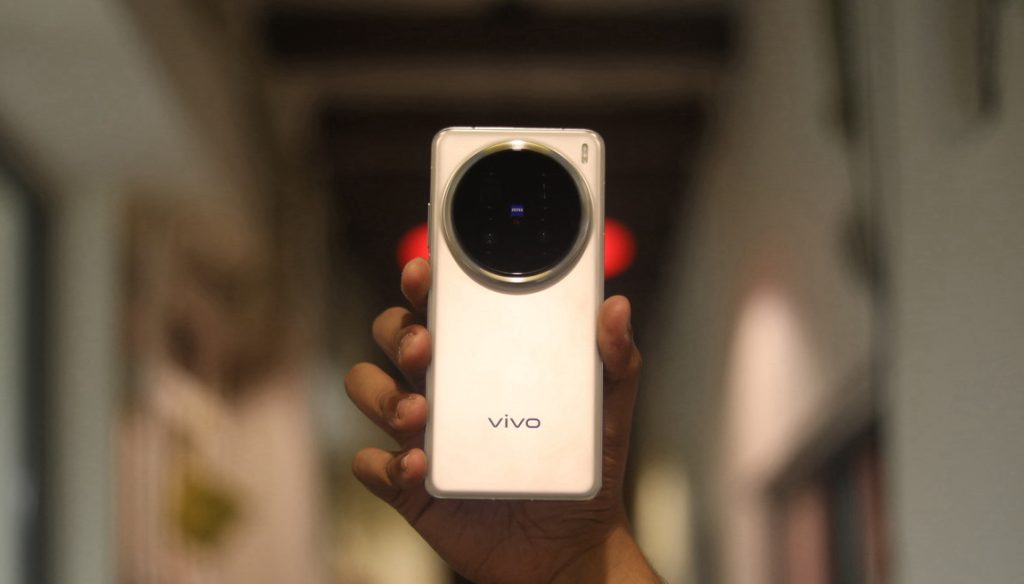
At 94,999 INR, the vivo X200 Pro is the most complete flagship smartphone. It has the best camera setup on any phone, the screen is amazing, the design is top-notch, the processor is blistering fast, and the battery life is off the charts.
There aren’t any inherent limitations with the X200 Pro, making it the best flagship smartphone that money can buy right now. And if you’re a Samsung or iPhone user, I think it’s time to give the vivo X200 Pro a shot.



